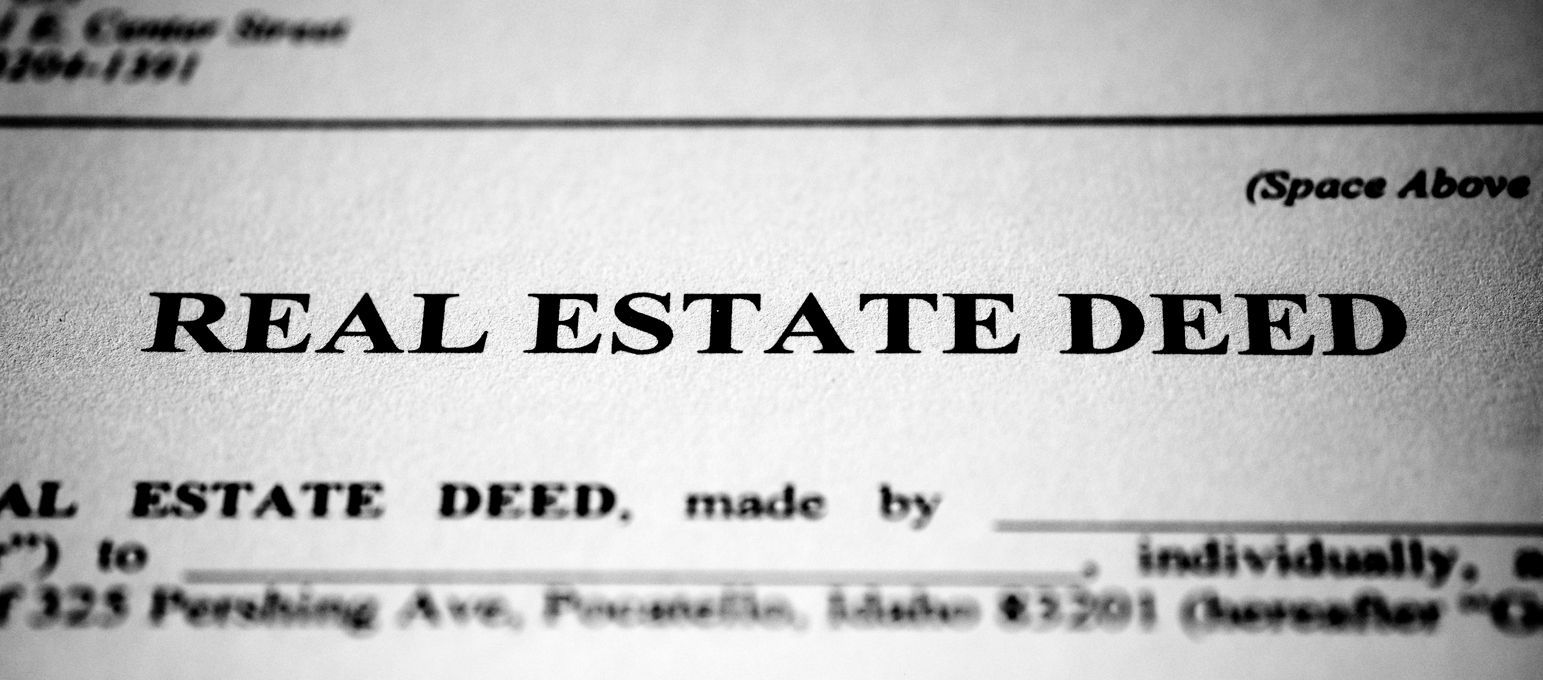What you Should Know About Deeds and Titles

Closing day is an exciting milestone for buyers and sellers alike. To complete the process of a home sale, a property’s ownership rights are formally transferred from the seller to the buyer. Here’s what you should know about deeds and titles:
What is a deed?
A deed is a legal document that formally transfers ownership of a property from the seller to the buyer. While contract requirements vary by state, all deeds must include the names of both parties and the seller’s signature at a minimum. Many also require the buyer’s signature and a description of the property. Deeds are typically filed with the government as part of the public record.
What is a title?
While a deed is a physical document, a title is an abstract concept of ownership rights to a property, which is transferred to the new owner through the deed. The transfer of a property title triggers a one-time transfer tax separate from annual property taxes, which can be paid by either the buyer or seller depending on local laws.
Are there different types of deeds?
Yes. The ownership rights of a property can vary depending on the type of deed, and an agent who is a REALTOR® can help you find information on what rights are granted by your deed. However, most home sales use general-warranty deeds, which provide the highest level of protection for buyers. This type of deed guarantees the buyer full legal ownership and right to sell the property.
What is a title search?
Title searches—an important step between signing and closing on a home—identify clouds on a title, such as liens, which are legal claims on a person’s property by their creditor to recover an unpaid debt or obligation. Liens can cause significant complications for property sales, and lenders may not be willing to finance homes with outstanding liens. Some sellers may offer to cover the costs of a title search as a concession to help attract buyers or close a deal. If you are financing your home with a mortgage, your lender will typically require a title search to verify the seller owns the home.
What is title insurance?
While homeowners insurance covers unexpected losses or damages at your home or property, title insurance protects your actual ownership right to your home. This can include protection against fraudulent claims against your ownership, as well as mistakes made in earlier sales, like name misspellings or inaccurate property descriptions.
Is title insurance required?
If you are financing your home with a mortgage, your lender will require title insurance because it protects them from defects in the title and ensures the validity and enforceability of the mortgage document. However, in addition to the policy your lender requires to protect their investment—which is equal to the amount of your mortgage at its inception—you may choose to purchase an owner’s policy that provides coverage up to the purchase price of the home.
Will I have a deed and title if I buy a home in an HOA community or condo?
Owners of individual properties in a homeowners association (HOA) community hold the deed and title to their property and lot, just as they would for a home without an HOA. However, because HOAs enforce rules and regulations for residents and their properties, there may be deed restrictions regarding property use (such as for modifications) dictated by an HOA’s covenants. Similarly, condo owners typically hold the deed to the units they live in but also have an ownership interest in the building’s common areas.
How do ownership rights work for co-ops?
Unlike condos or homes in HOA communities, individuals living in a co-op own shares in the entire complex and have a proprietary lease on a specific apartment, rather than a traditional deed.
Source: Adapted from NAR Consumer Guide










